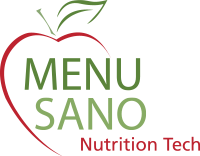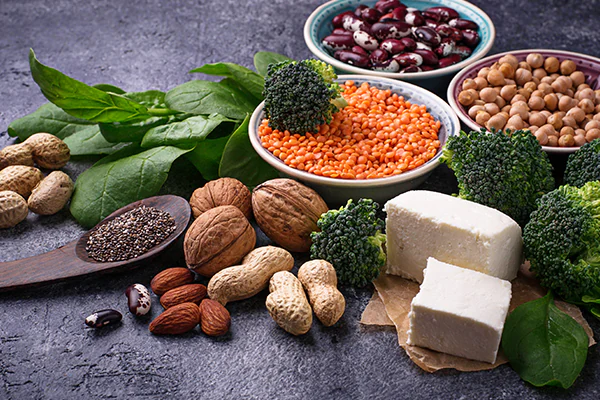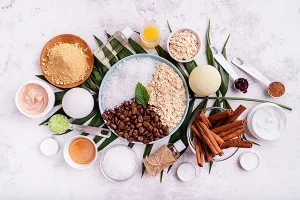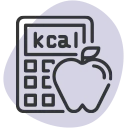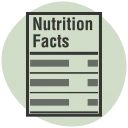Protein plays a vital role in our body and dietary intake is required for good health. While protein is most often found in animal products, that is not the only source available. However, when following a vegetarian or vegan diet it can be difficult to manage what foods should be eaten in order to get enough protein.
Many vegetarians rely on soy as their main source of protein, but this isn’t the only option available. Many foods contain a high amount of protein – so you won’t have to worry about missing out!
Pulses
Pulses are seeds from plants in the legume family and are a good source of protein. They come in a range of forms such as dried, tinned, or cooked and eaten cold or hot, pulses can be prepared in many different ways making them an easy option for many.
Pulses include:
- Black beans
- Chickpeas
- Red kidney beans
- Lentils (green & red)
Cooked pulses are a common staple in most vegetarians’ diets, and they can vary in taste from being sweet or savory. Found often in Indian or Mexican foods, pulses are easy to make and can be used in many dishes!
Read more: Continuing to Grow Your Business with Thao Nguyen of Bonbon Collections
Soya beans
Soya beans are a great way to get protein into your diet.
Soya beans contain all of the essential amino acids that we need within our diets, these types of proteins are especially beneficial as they have a ‘complete’ amino acid composition and can be digested easily by humans. Soya is also high in fiber which can help reduce cholesterol levels and regulate bowel movement.
Additionally, it has been found from recent research that soybean isoflavones may provide health benefits such as fighting cancer cells and heart disease. Research shows this benefit only occurs with fermented forms of soy such as miso, tempeh, or tofu, however – not with boiled or fried forms.
Read more: Beyond Taste: The Strategic Impact of Nutrition Analysis in Modern Gastronomy
Quinoa
Quinoa is a high protein crop, containing about 8 grams of protein. It is also gluten-free and can be used as an alternative to wheat for those with celiac disease or who are gluten intolerant. Quinoa has a balanced set of essential amino acids which make it a complete protein source, meaning that it contains all the benefits of soya without the soy!
Quinoa cooks like other grains such as rice and millet. It can be prepared in similar ways too – boiled & eaten as side dishes or ground into flour and made into bread and cakes. So although not technically a grain, it can be used as such and is a great grain alternative.
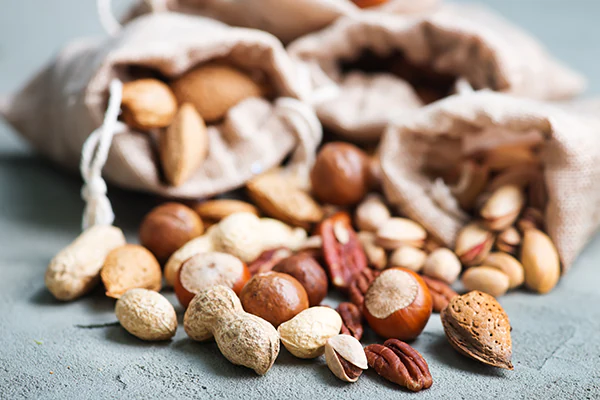
Nuts
Nuts are a versatile food that provides a great source of protein and healthy fats and can be enjoyed in many different forms.
- Almonds are particularly high in monounsaturated fats, B vitamins, dietary magnesium, and calcium so almond milk is a great alternative to dairy – just make sure the brand you buy has no added sugars!
- Peanuts are actually legumes but they’re often referred to as nuts. They contain natural antioxidants which can help prevent cancer, heart disease, and other illnesses.
- Cashews are again rich in healthy monounsaturated fat but also high in vitamin K which helps strengthen bones. Enjoy them roasted or raw on salads for a satisfying crunch!
However, while nuts are a great source of protein, care must be taken to not overindulge as they are high in fat content. Make sure to monitor your daily intake closely. In addition, nut allergies are very common, so people should take care to inspect packages of nuts for any possible shell fragments.
Read more: Spices, Herbs, & Seasonings – Difference in Labeling
Seeds
Seeds, like nuts, are also extremely high in protein. Pumpkin seeds are some of the best. They contain up to 12 grams of protein per ounce! Seeds can be enjoyed either roasted or raw.
Sunflower seeds provide up to 5 grams of protein per ounce and contain heart-healthy fats as well as vitamin E which is important for skin health. Sunflower kernels make an excellent snack when they’re salted and lightly baked right in their shells!
Hemp seeds contain up to 10 grams of protein per ounce and are also rich in calcium, magnesium, iron, phosphorus, vitamin E, omega 6 fatty acids, and fiber.
Sesame seeds are another great source of protein. Two tablespoons supply 6 grams of protein! They’re delicious when eaten raw or lightly baked with sunflower kernels.
Read more: Tasty Alternatives for your favourite Junk Foods
Dairy
While dairy is not suitable for Vegan diets, Vegetarians can still enjoy the protein benefit that milk provides. However, dairy is not just milk, it also includes milk products like butter, cheese, and yogurt.
Greek Yogurt for example is an excellent and tasty source of protein with one serving providing 15 grams. However, care must be taken to monitor sugars when eating yogurts.
In addition to cow’s milk, dairy also includes milk products from other animals. Goat’s milk, for example, has nearly three times the amount of protein that cow’s milk does.
Read more: Canada’s New Front-of-Package Labeling Law
Eggs
Similar to dairy milk, eggs are not suitable for a vegan diet.
Eggs are very versatile and can be used in many different ways. Whether they are boiled or fried, scrambled or made into an omelet, eggs can be eaten by themselves, or used in baking recipes to add flavorful creaminess.
Read more: Tip to Measure and Control Portion Sizes
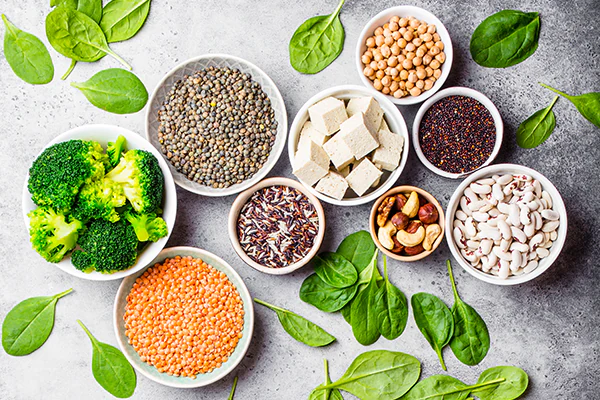
MenuSano can help
Using the MenuSano nutritional calculator it is easy to build and plan specific recipes incorporating protein without needing meat. Creating unique, good tasting, high protein breakfasts, lunches or dinners is a breeze with MenuSano. In addition, MenuSano lets you create detailed nutritional labels with clear information about proteins, fats, and carbohydrates and also provides warning labels for nuts and other allergy-related items.
If you’re looking to create products that cater to Vegetarian or Vegan diets, MenuSano is the best tool to make sure that your clients’ nutritional needs are met.
Click this link to get started with your Free Trial today!
